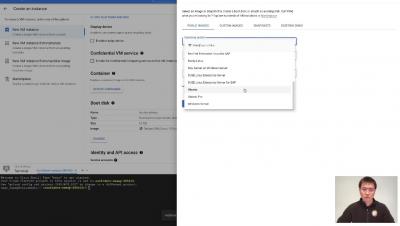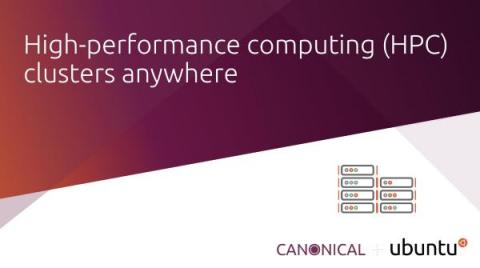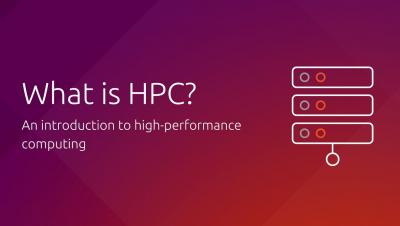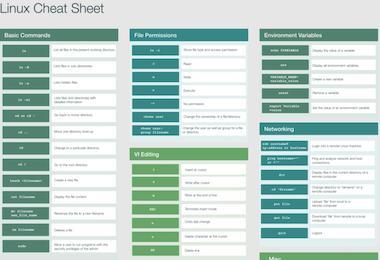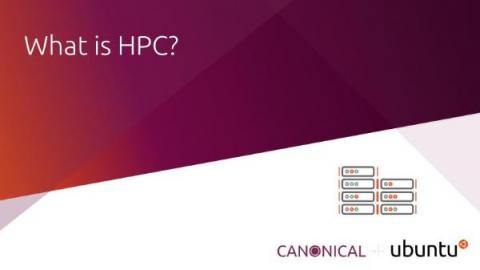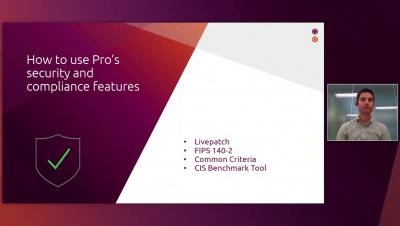Canonical Ubuntu 22.04 LTS is released
London, 21 April 2022. Canonical Ubuntu 22.04 LTS is now generally available, featuring significant leaps forward in cloud confidential computing, real-time kernel for industrial applications, and enterprise Active Directory, PCI-DSS, HIPAA, FIPS and FedRAMP compliance – raising the bar for open source from cloud to edge, IoT and workstations.



